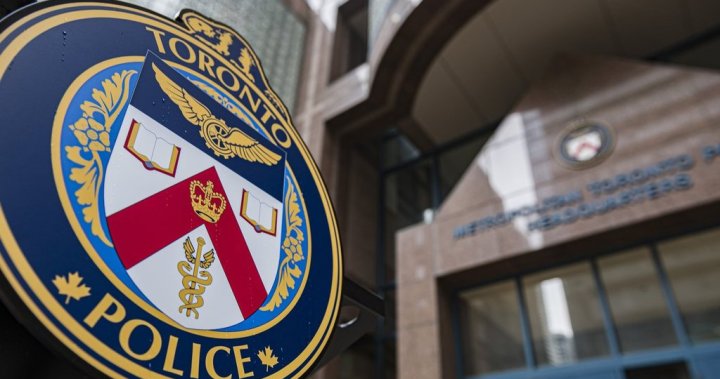Canada
Toronto police chats undermined testimony. But it was whistleblower who got fired

The case of Firouzeh Zarabi-Majd, a former Toronto police officer, sheds light on significant issues within the Toronto Police Service, particularly concerning misconduct, accountability, and the treatment of whistleblowers. Here’s a structured summary of the situation:
-
Discovery and Exposure: Zarabi-Majd accidentally discovered an unofficial group chat among 51 Division officers, which included offensive remarks about her. She exposed these chats on social media in 2019, criticizing the force, which led to her termination in 2023. She is now appealing her dismissal and pursuing a case with the Ontario Human Rights Tribunal.
-
Lack of Disciplinary Action: Despite the exposure of derogatory and racist comments by officers in the chat, no public disciplinary actions were taken against them. This lack of accountability raises concerns about the internal handling of misconduct within the police force.
-
Impact on Court Cases: The group chat content affected two court cases. In one, Kevin Barreau’s lawyer used the remarks to allege racism against Det. Const. Chris Hoeller. Although Hoeller admitted to inappropriate comments, he denied racist intent, and the case proceeded. Another case involving Const. Ryan Kotzer collapsed after his racist comments in the chat were revealed, undermining evidence credibility.
-
Police Response: The Toronto Police Service declined to comment on disciplinary actions, citing policy, and did not assist in obtaining officer comments. Hoeller was reassigned, but no further public actions were taken against him or Kotzer.
-
Whistleblower Consequences: Zarabi-Majd faced repercussions for her whistleblowing, highlighting potential systemic issues where those exposing misconduct are punished, rather than the perpetrators. This raises concerns about transparency and justice within the police force.
- Broader Implications: The incident points to a broader culture of secrecy and lack of accountability within the police. Defense lawyers’ awareness of such hidden communications suggests a common issue that needs addressing to maintain public trust and ensure justice.
In conclusion, this case underscores the need for transparency and accountability within law enforcement, particularly regarding misconduct and the protection of whistleblowers.











